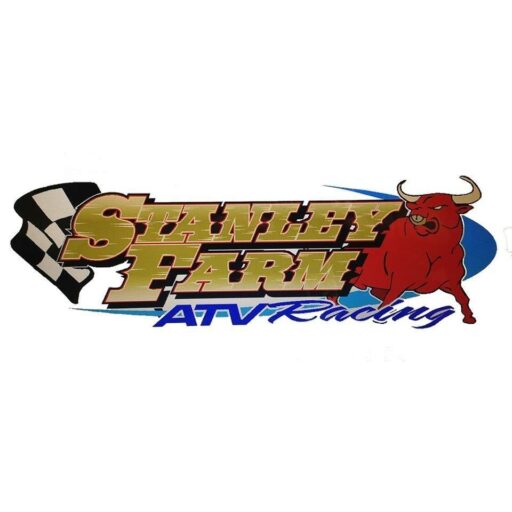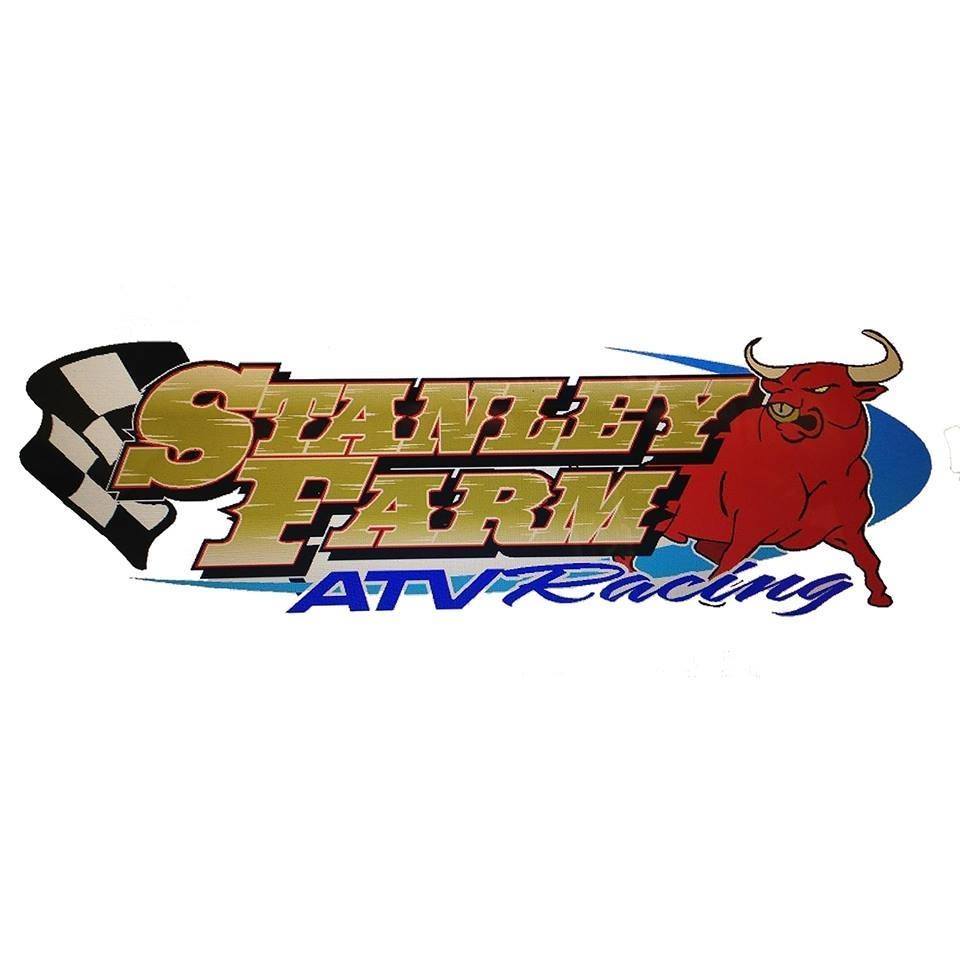Introduction: Why Fluids Matter in Farm ATV Care
When it comes to farm ATVs, people often focus on tires, attachments, or even horsepower. But here’s the truth—fluids are the unsung heroes keeping everything running smoothly. Imagine your ATV as a body; fluids are the blood, water, and oxygen that keep it alive. Ignore them, and sooner or later, your ATV is going to give up on you.
If you’re using your machine daily for hauling feed, checking fences, or towing equipment, you can’t afford breakdowns. That’s why knowing which fluids to check, how often, and why they matter is crucial. Today, we’ll dive into the six essential fluids every farm ATV owner must inspect regularly to ensure long-lasting performance.
1. Engine Oil: The Lifeblood of Your Farm ATV
Engine oil does more than just lubricate. It keeps parts cool, reduces friction, and helps prevent wear. Without fresh oil, your ATV’s engine works harder than it should, leading to costly repairs.
Signs Your Engine Oil Needs Changing
- Dark or gritty oil on the dipstick
- Loud knocking sounds from the engine
- Overheating or loss of power
How Often Should You Replace Engine Oil?
For farm ATVs that see heavy daily use, change the oil every 50–100 hours of operation. Lighter use may stretch this out, but following the manufacturer’s guide is always best.
Recommended Oil Types for Farm ATVs
Stick with oils specifically designed for ATVs rather than automotive oils. Farm work is dusty and demanding, so a synthetic ATV oil often offers the best protection.
2. Coolant: Keeping Your Engine from Overheating
If engine oil is the lifeblood, coolant is the circulatory system’s air conditioner. Without it, your ATV will overheat fast—especially during long farm runs in the summer heat.
Symptoms of Low or Dirty Coolant
- Overheating after short rides
- Rust-colored coolant in the reservoir
- Sweet smell from the engine bay
How to Check Coolant Levels Safely
Always check coolant when the ATV is cold. Open the radiator cap slowly, and make sure levels are between the “low” and “full” marks.
Best Coolant Practices for Farm Work
- Replace coolant every two years.
- Use pre-mixed ATV coolant for the right balance.
- Flush the system if you notice sludge.
3. Transmission Fluid: Smooth Gear Shifting
Transmission fluid ensures gears shift without grinding. On a farm ATV, where constant stopping, starting, and hauling are common, transmission health is vital.
Why Transmission Fluid Is Crucial
It reduces wear on gears, keeps things cool, and prevents slipping. Without it, you risk damaging your transmission—a costly repair.
When to Flush and Replace Transmission Fluid
Most ATVs need a transmission fluid change every 100 hours or once a season.
Farm ATV Transmission Fluid Tips
- Always park on level ground when checking levels.
- Look for burnt smells or discoloration.
- Use ATV-specific fluid for the best performance.

4. Brake Fluid: Essential for Safety
Imagine towing a trailer of hay downhill—and suddenly, your brakes don’t work. Scary, right? That’s why brake fluid checks aren’t optional.
Identifying Brake Fluid Problems
- Spongy brakes when pressing the pedal
- Fluid leaking near wheels
- Warning light on the dash
Checking Brake Fluid Levels at Home
Check the brake reservoir near the handlebars. Keep levels between the min and max marks.
Choosing the Right Brake Fluid for ATVs
DOT 4 is the most common, but check your owner’s manual. Always use fresh, unopened brake fluid because it absorbs moisture quickly.
5. Differential Fluid: Protecting Your Gears
Differentials handle power distribution to wheels, especially during turns or uneven terrain. Neglecting this fluid can lead to grinding noises and reduced traction.
Why Differential Fluid Is Overlooked
It’s not as obvious as oil or coolant. But on farms with muddy, rocky, or uneven paths, the differential works hard and needs care.
How to Inspect Differential Fluid
Open the fill plug. Fluid should be clean and reach the proper level. Milky fluid indicates water contamination.
Replacement Schedule for Differential Fluid
Check every 50 hours and replace at least once per season, depending on usage.
6. Fuel System Fluids: Stable Power Supply
Without fuel, your ATV isn’t going anywhere. But it’s not just about filling the tank. Fuel quality and additives matter for long-term engine health.
Fuel Additives for Farm ATVs
Additives can:
- Prevent gumming in carburetors
- Stabilize fuel for long storage
- Improve fuel efficiency
Cleaning and Maintaining Fuel Lines
Check for cracks or blockages. Dirty fuel lines reduce efficiency and can stall your ATV in the middle of work.
Best Practices for Long-Term Fuel Storage
- Use a stabilizer if storing over winter.
- Keep tanks full to prevent condensation.
- Store fuel in sealed, approved containers.
Extra Fluids Worth Checking (Bonus Tips)
Besides the six essentials, consider:
- Power steering fluid for smoother control
- Hydraulic fluid if your ATV has hydraulic attachments
Building a Routine ATV Maintenance Schedule
Consistency is key. Create a logbook or use a maintenance log to track fluid changes.
Mistakes to Avoid in ATV Fluid Maintenance
- Mixing incompatible fluids
- Ignoring manufacturer guidelines
- Waiting until problems show up
Benefits of Regular Fluid Checks for Farm Work
- Longer ATV lifespan
- Improved safety on the farm
- Reduced repair costs
- Better performance in tough conditions
Useful Farm ATV Resources
If you want to dive deeper into ATV care and equipment:
You can also explore related topics like ATV safety, eco-farming, electric ATVs, and off-road farming.
Conclusion
Your ATV is your partner in the field. Just like you wouldn’t expect yourself to perform on an empty stomach, you can’t expect your ATV to run without the right fluids. By checking and replacing engine oil, coolant, transmission fluid, brake fluid, differential fluid, and fuel system fluids, you’re ensuring smooth operations every single day. Think of it as cheap insurance for one of your most valuable farm tools.
FAQs
1. How often should I check ATV fluids?
At least once a month, or weekly if you use your ATV heavily for farm work.
2. Can I use car engine oil in my farm ATV?
Not recommended—ATV engines need oils designed for higher RPMs and dusty farm conditions.
3. What happens if I skip brake fluid checks?
You risk brake failure, which can be extremely dangerous when towing or riding downhill.
4. Do electric ATVs still need fluid maintenance?
Yes, while they don’t use traditional fuel or engine oil, they may still require brake fluid and coolant checks.
5. How do I know if my ATV has a transmission fluid problem?
Look for hard shifting, slipping gears, or burnt-smelling fluid.
6. Can I mix coolant types in my ATV?
Avoid mixing—stick with the coolant type recommended by your ATV manufacturer.
7. Is differential fluid the same as transmission fluid?
No, they serve different parts of the ATV. Both need separate maintenance schedules.


